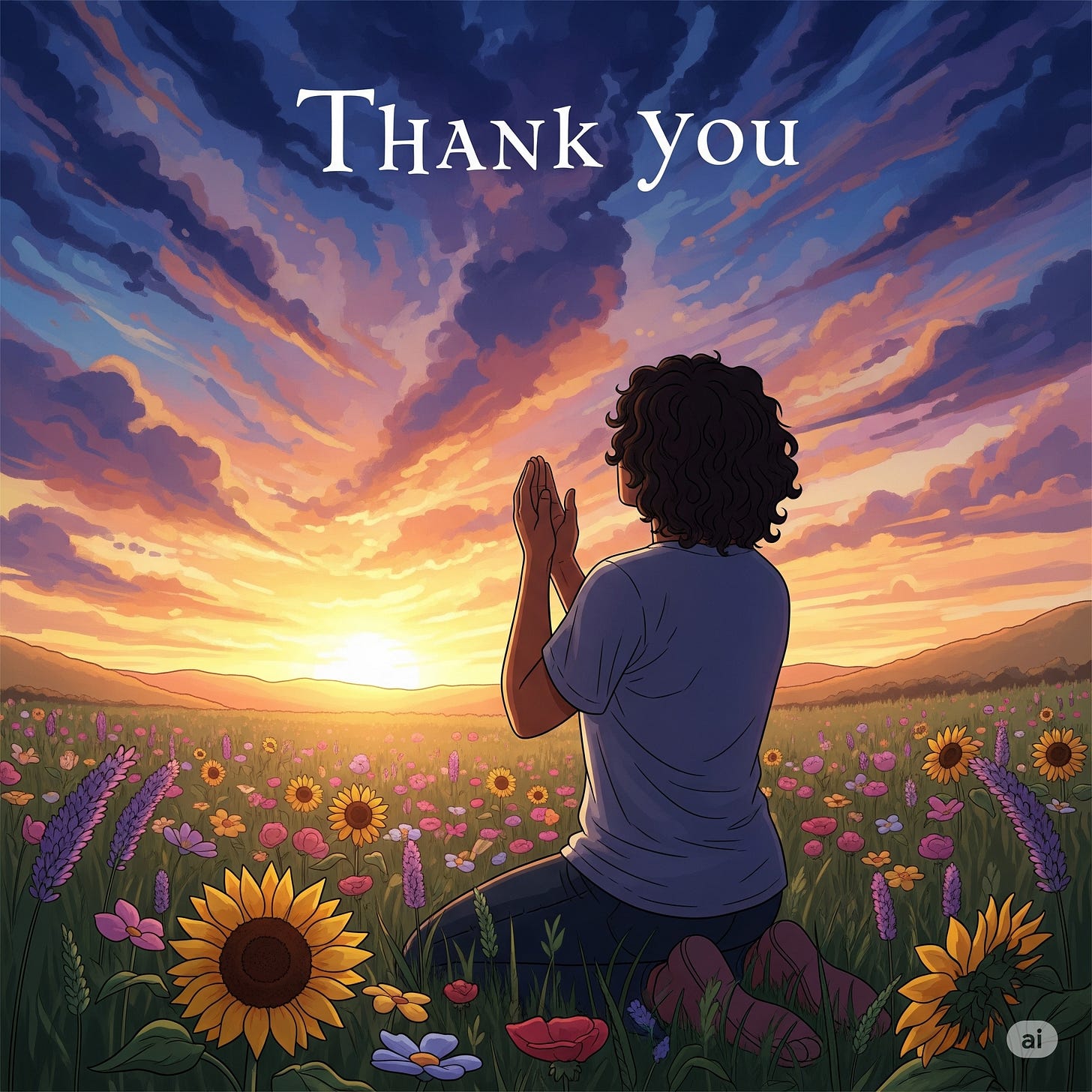"Rabbi Jonathan Sacks emphasized the crucial role of religion in shaping children's identities, moral compass, and sense of belonging. Sacks stressed that religion, through its narratives, rituals, and ethical teachings, helps children navigate life's complexities and contributes to building a healthy society."
“Pope John Paul II: The phrase "The family is the first church" highlights the idea that the family unit plays a crucial role in religious and spiritual development, particularly in the early stages of life. It suggests that the home is where individuals first learn about faith, values, and morality.”
“Pope Francis: "Faith is the golden thread which binds us to the Lord, the pure joy of being with Him, united to Him; it is a gift that lasts our whole life, but bears fruit only if we play our part."
Does Faith Reduce Violence? A Question Without Easy Answers
The question of whether faith and religion reduce violence has puzzled me for many years. It is a subject filled with contradictions, both in the research and in my personal experience. Some studies claim that religion promotes compassion, self-control, and a sense of community, all of which can help reduce violence. But those same studies also acknowledge that religion, depending on how it is taught and lived, can be used to justify harm, especially behind closed doors.
In other words, religion can be a shelter or a weapon. It can teach kindness or cruelty. It depends on the household, the message, and the heart of the person who holds the belief.
I was raised in a moderately religious home. We celebrated the holidays, observed some rituals, and even attended services now and then. After public school, I went to religious classes for a few hours. But even there, I remember some of the children being bullies. They had been raised with religion, just like I had, and yet they were mean. At my regular public school, the same was true. Some kids who came from religious families bullied others anyway. In those moments, religion did not seem to offer much protection against cruelty.
It is crucially important to remember that parents are role models for their children. Therefore, if parents practice both faith and positive or nonviolent parenting, their children will become people who are moral and ethical.
But I also know that we never truly know what goes on inside another person’s home. Research today tells us something very sobering. Whether or not a household is religious, if there is domestic violence or abuse within those walls, the children who grow up in that home are more likely to become violent themselves. They may learn to mask it, or direct it inward, but the damage is there. Religion might be present in that home, but it does not erase the harm done by the violence.
As a psychotherapist for forty years, I worked with people from all walks of life. Some were deeply religious. Some were agnostic or atheist. I met law-abiding citizens who were gentle, respectful, and kind, and I met them in every category of belief and non-belief. What mattered most was not what religion someone practiced, but how they treated others, especially their children.
I also observed something painful but true. Religious conviction does not always soften the heart when it comes to prejudice. I have met people who attend services regularly, who pray and read sacred texts, but who still harbor deep intolerance for others based on race, ethnicity, or belief. Sometimes, religion seems to become a shield for that hatred instead of an antidote to it.
History teaches us that religion has often been used to divide, to exclude, and to incite violence. But history also gives us stories of religious people who acted with great courage and compassion to protect others.
So, where does that leave us? Is it better to raise children with religion or not?
There is no simple answer. When practiced with love and empathy, religion can be a powerful force for good. It can help children feel connected to something greater than themselves, give them a moral framework, and teach them to care for others.
But if religion is used to control, punish, or frighten children, it can leave scars that last a lifetime.
Ultimately, the deeper question is not just about religion, but about the kind of people we are and the kind of homes we create. Whether or not we are religious, the way we treat others, especially the most vulnerable, is what truly defines us.
And perhaps that is the real faith we need. A faith in kindness. A faith in decency. We have faith in each other.







